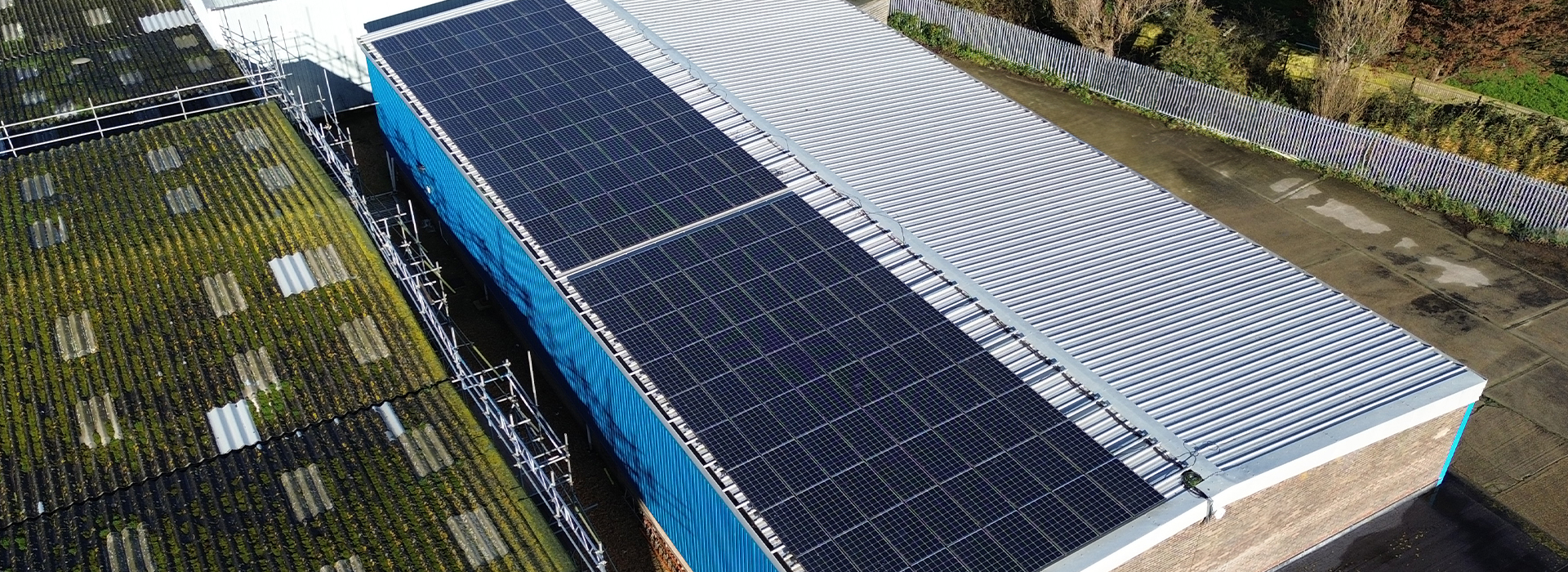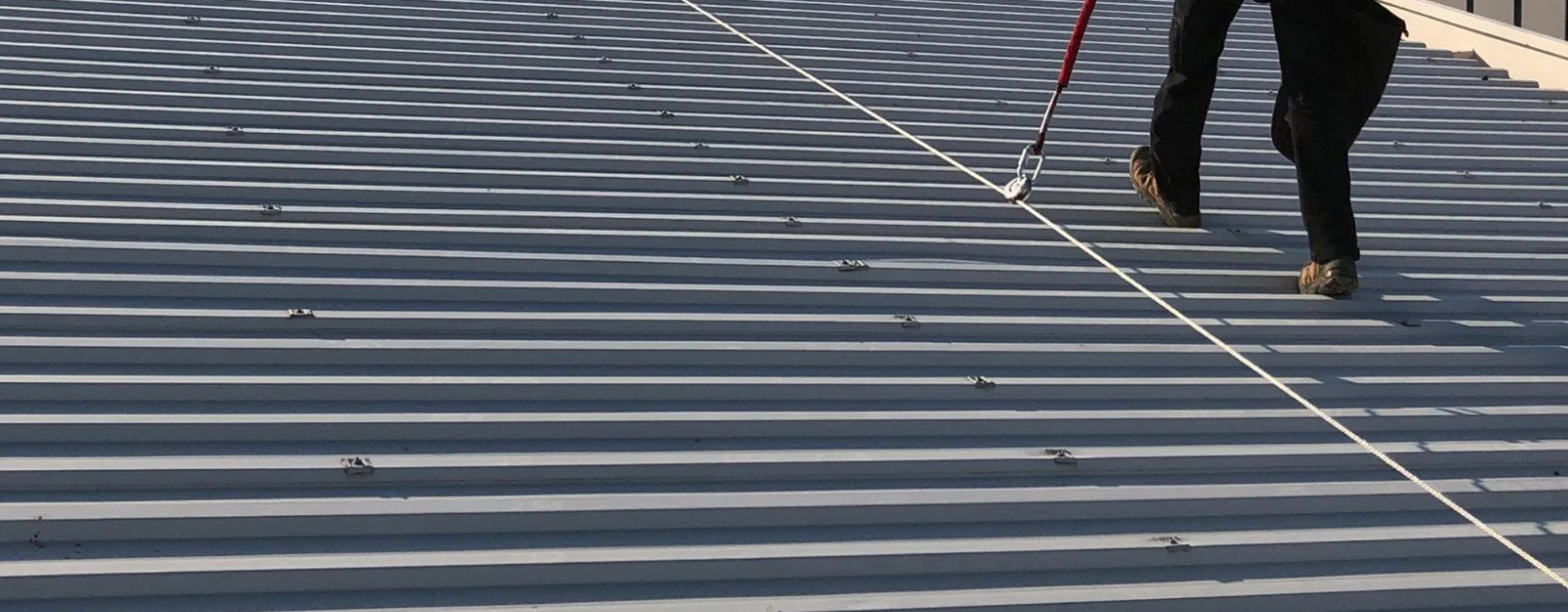Understanding Fall Hazards
Types of Fall Hazards
Industrial and commercial properties in the UK pose various fall hazards, including unprotected edges, fragile surfaces, and unsecured scaffolding. These hazards can result in serious injuries or fatalities if not adequately addressed.
Statistics on Fall-Related Injuries
According to Health and Safety Executive (HSE) statistics, falls from height remain one of the leading causes of workplace fatalities and injuries in the UK. In 2023, there were 40 fatal injuries reported as a result of falls from height in various industries.
Legal Requirements
HSE Regulations
The Health and Safety at Work etc. Act 1974 places a legal duty on employers to ensure the health, safety, and welfare of their employees, including protection from falls. Additionally, the Work at Height Regulations 2005 provide specific requirements for managing fall risks in the workplace.
Liability Risks
Failure to comply with HSE regulations regarding fall protection can result in severe consequences for businesses in the UK. Employers may face fines, prosecution, or civil claims if accidents occur due to inadequate safety measures.
Benefits of Fall Protection
Preventing Injuries and Fatalities
Installing fall protection systems significantly reduces the risk of injuries and fatalities in the workplace. By providing a safe working environment, employers demonstrate their commitment to employee welfare and avoid potential tragedies.
Enhancing Productivity
A safe working environment fosters employee confidence and morale, leading to increased productivity. Workers can focus on their tasks without worrying about the risks associated with working at height, resulting in improved efficiency and output.
Choosing the Right Fall Protection System
Risk Assessment
Conducting a thorough risk assessment is essential for identifying fall hazards and determining the most suitable fall protection measures for your industrial or commercial property.
Consultation with Experts
Seeking advice from safety professionals and fall protection specialists can help ensure that the chosen system meets regulatory requirements and industry standards.
Installation and Maintenance
Proper Installation
Fall protection systems must be installed correctly by trained professionals to ensure their effectiveness and compliance with regulations. Regular inspections and maintenance are also necessary to detect any defects or wear and tear.
Training and Education
Providing adequate training and education to employees on the proper use of fall protection equipment is crucial for their safety. Workers should understand how to inspect, don, and use harnesses, lanyards, and other devices correctly.
Conclusion
In conclusion, investing in fall protection is not only a legal requirement but also a moral obligation for employers in the UK. By prioritizing the safety of workers and implementing appropriate fall protection measures, businesses can prevent accidents, comply with regulations, and promote a positive work culture. As we navigate through 2024, let us strive to create safer and healthier workplaces for everyone.



